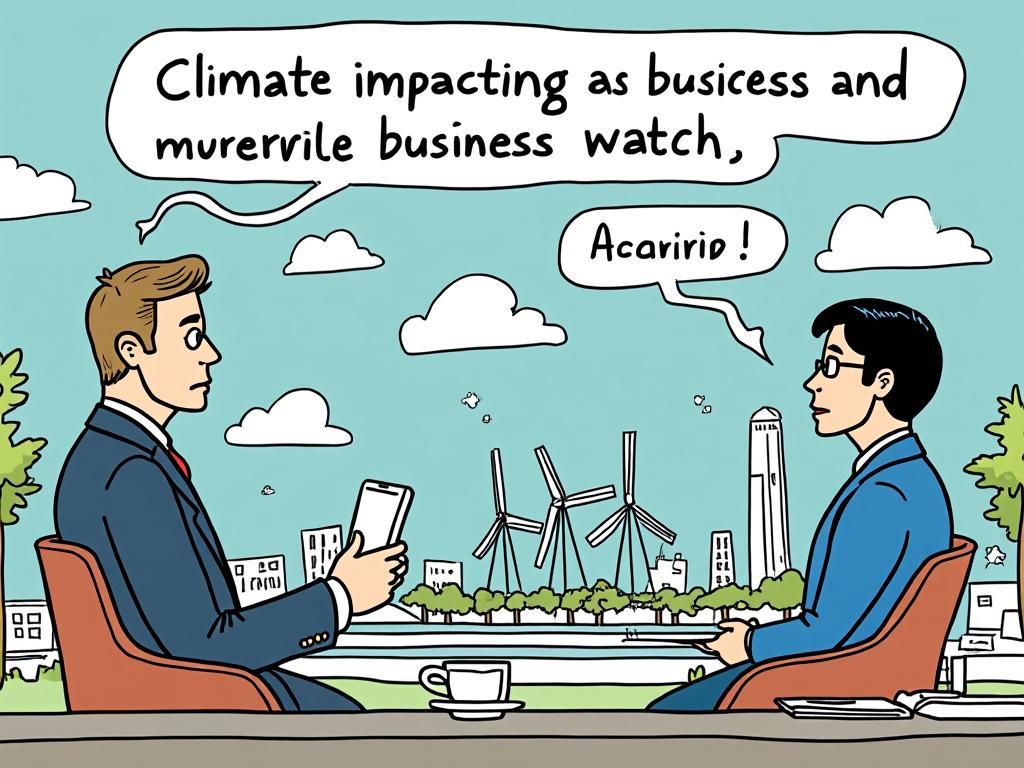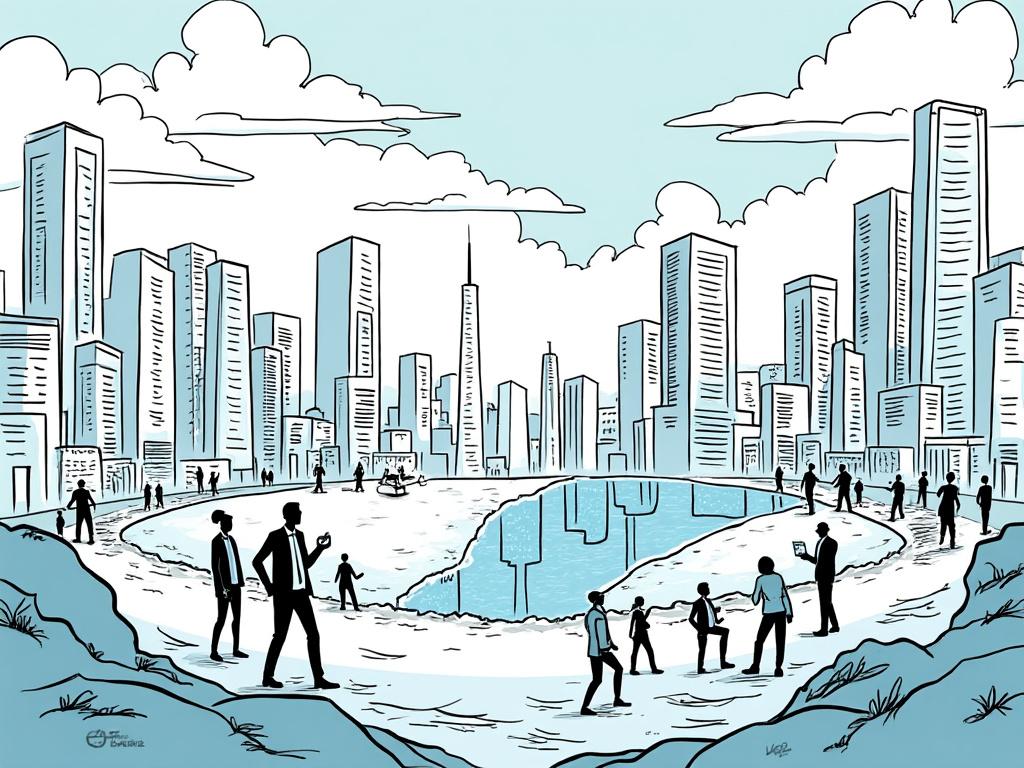
Climate Change Impacts on Greece: A Mediterranean Nation at the Crossroads
Reading time: 12 minutes
Ever wondered how climate change is reshaping one of Europe’s most beloved destinations? Greece, with its ancient history and stunning coastlines, faces unprecedented environmental challenges that are transforming everything from agriculture to tourism—and even real estate decisions for those looking to buy house in greece.
Table of Contents
- The Current Climate Reality in Greece
- Rising Temperatures: More Than Just Hot Summers
- Water Scarcity: A Growing National Challenge
- Coastal Erosion and Sea Level Rise
- Economic Consequences Across Key Sectors
- Adaptation Strategies and Solutions
- Building Climate Resilience for Tomorrow
- Frequently Asked Questions
The Current Climate Reality in Greece
Let’s be frank: Greece is experiencing climate change at twice the global average rate. The Mediterranean region has become a climate hotspot, and Greece sits right at the epicenter of this transformation.
Here’s what’s happening right now: Average temperatures have risen by 1.5°C since 1960, compared to the global average of 0.8°C. This isn’t just about uncomfortable summers—it’s reshaping the entire Greek way of life.
Quick Climate Snapshot
- Temperature increase: 1.5°C above pre-1960 levels
- Precipitation decline: 20% reduction in annual rainfall
- Extreme weather events: 300% increase in frequency since 1980
- Sea level rise: 3.2mm per year along Greek coastlines
Rising Temperatures: More Than Just Hot Summers
Remember the summer of 2021? Greece recorded its highest-ever temperature of 47.4°C in Larissa. But here’s the thing—extreme heat isn’t just a summer problem anymore.
The Heat Island Effect
Urban areas like Athens are experiencing something called the “heat island effect.” The city center can be 5-7°C warmer than surrounding areas during summer nights. This means:
- Increased energy consumption for cooling
- Higher health risks for vulnerable populations
- Reduced quality of life in urban centers
Agricultural Temperature Stress
Greek farmers are facing a new reality. Traditional crops like olives and grapes are struggling with heat stress. Yannis Papageorgiou, an olive farmer from Crete, shared: “My trees that have been in my family for generations are producing 30% fewer olives. The heat comes too early and stays too long.”
Temperature Impact Visualization
Water Scarcity: A Growing National Challenge
Well, here’s the straight talk: Greece is heading toward a water crisis. Annual precipitation has decreased by 20% since 1960, while demand continues to rise.
The Numbers Don’t Lie
| Region | Water Availability (m³/person/year) | Change Since 2000 | Risk Level |
|---|---|---|---|
| Attica | 450 | -35% | Critical |
| Crete | 650 | -28% | High |
| Thessaly | 580 | -31% | High |
| Northern Greece | 920 | -18% | Moderate |
Case Study: The Attica Water Crisis
Athens and its surrounding region face the most severe water stress. The city relies on four main reservoirs, but three have reached critically low levels. In 2023, water restrictions were implemented for the first time in decades.
Dr. Maria Stavropoulou, a hydrologist at the National Technical University of Athens, explains: “We’re seeing a perfect storm of reduced rainfall, increased evaporation, and growing urban demand. Without immediate action, Athens could face severe water shortages by 2030.”
Coastal Erosion and Sea Level Rise
Imagine this scenario: You’re considering beachfront property in Greece. What environmental factors should concern you? Sea level rise is accelerating, with Greek coastlines experiencing 3.2mm annual increases—faster than the global average.
Islands Under Pressure
Greece’s 6,000 islands and islets face unique challenges:
- Erosion rates: Some beaches are losing 1-2 meters annually
- Saltwater intrusion: Contaminating freshwater supplies
- Infrastructure damage: Coastal roads and buildings at risk
Real-World Impact: Mykonos Case Study
Mykonos, famous for its pristine beaches, has lost approximately 40% of its sandy coastline since 1990. Local authorities have spent over €2 million on beach nourishment projects, but the sand keeps disappearing.
Restaurant owner Dimitris Kostas notes: “My taverna used to be 50 meters from the water. Now, during storms, waves reach our terrace. We’ve had to relocate twice in ten years.”
Economic Consequences Across Key Sectors
Ready to understand the real economic impact? Climate change isn’t just an environmental issue in Greece—it’s reshaping entire economic sectors.
Tourism: The Double-Edged Sword
Tourism accounts for 25% of Greece’s GDP, but climate change presents both challenges and opportunities:
Challenges:
- Extreme heat reducing summer comfort
- Water shortages affecting hotel operations
- Beach erosion damaging coastal tourism
Opportunities:
- Extended shoulder seasons (spring and fall)
- Winter tourism growth in northern regions
- Eco-tourism and sustainable travel trends
Agriculture: Adaptation or Decline
Greek agriculture contributes €6 billion annually to the economy, but faces mounting pressure:
- Olive oil production: Down 30% since 2010 due to heat stress
- Wine industry: Shifting grape varieties to heat-resistant types
- Cotton farming: Moving north to cooler regions
Adaptation Strategies and Solutions
Here’s the good news: Greece isn’t standing still. The government and private sector are implementing comprehensive adaptation strategies.
National Climate Plan Highlights
Water Management:
- €500 million investment in desalination plants
- Smart irrigation systems for agriculture
- Rainwater harvesting mandates for new buildings
Renewable Energy Transition:
- Target: 80% renewable electricity by 2030
- Solar capacity tripled since 2019
- Wind energy expansion in Aegean islands
Practical Solutions for Individuals
Whether you’re a resident or considering property investment, here are actionable steps:
For Homeowners:
- Install solar panels and battery storage
- Upgrade to drought-resistant landscaping
- Implement greywater recycling systems
- Choose energy-efficient cooling systems
For Investors:
- Prioritize properties above flood zones
- Consider inland locations over coastal areas
- Factor in climate resilience infrastructure
- Research local water availability
Building Climate Resilience for Tomorrow
Pro Tip: The right preparation isn’t just about avoiding problems—it’s about creating sustainable, resilient communities that can thrive despite climate challenges.
By 2050, Greece expects:
- Temperature increases of 2-4°C
- 30-40% reduction in summer precipitation
- Sea level rise of 15-25cm
- Increased frequency of extreme weather events
However, with proper planning and investment, Greece can become a model for Mediterranean climate adaptation. The key lies in balancing economic development with environmental protection.
Frequently Asked Questions
How will climate change affect property values in Greece?
Climate change is creating a two-tier property market in Greece. Coastal properties face increasing risks from sea level rise and erosion, potentially decreasing values by 10-15% by 2040. However, inland properties with good water access and climate-resilient infrastructure are likely to appreciate. Properties in northern Greece and higher elevations are becoming more attractive as temperatures rise.
Is Greece’s water shortage permanent or temporary?
Greece’s water shortage represents a long-term structural challenge rather than a temporary drought. While annual variations occur, the overall trend shows decreasing precipitation and increasing demand. However, this isn’t irreversible—investments in desalination, water recycling, and efficient distribution systems can ensure adequate supply. The key is acting now rather than waiting for crisis conditions.
What are the best climate-adapted regions for living in Greece?
Northern regions like Macedonia and Thrace offer the best climate resilience, with more stable water supplies and moderate temperature increases. Mountain areas in central Greece provide cooler temperatures and better precipitation. For islands, larger ones like Crete have better water infrastructure and diversified economies. Avoid low-lying coastal areas and regions with limited water resources like parts of the Cyclades.
Your Climate-Smart Greece Strategy
Transform climate challenges into informed decisions with this practical roadmap:
Immediate Actions (Next 6 months):
- Research water availability and infrastructure in your area of interest
- Evaluate property elevation and flood risk maps
- Connect with local climate adaptation initiatives
Medium-term Planning (1-2 years):
- Invest in renewable energy and water-efficient technologies
- Consider climate-resilient landscaping and construction materials
- Build relationships with sustainability-focused local businesses
Long-term Vision (5+ years):
- Participate in community resilience planning
- Support policies promoting sustainable development
- Advocate for climate adaptation infrastructure
Climate change in Greece isn’t just about rising temperatures—it’s about reimagining how we live, work, and build communities in a changing world. The choices you make today will determine whether you’re prepared for tomorrow’s climate reality.
What role will you play in building Greece’s climate-resilient future? The time for action is now, and every decision—from where you choose to live to how you adapt your lifestyle—contributes to the collective response to our changing climate.

Article reviewed by Henry Caldwell, Distressed Assets Specialist | Turning Risks into Opportunities, on June 4, 2025
